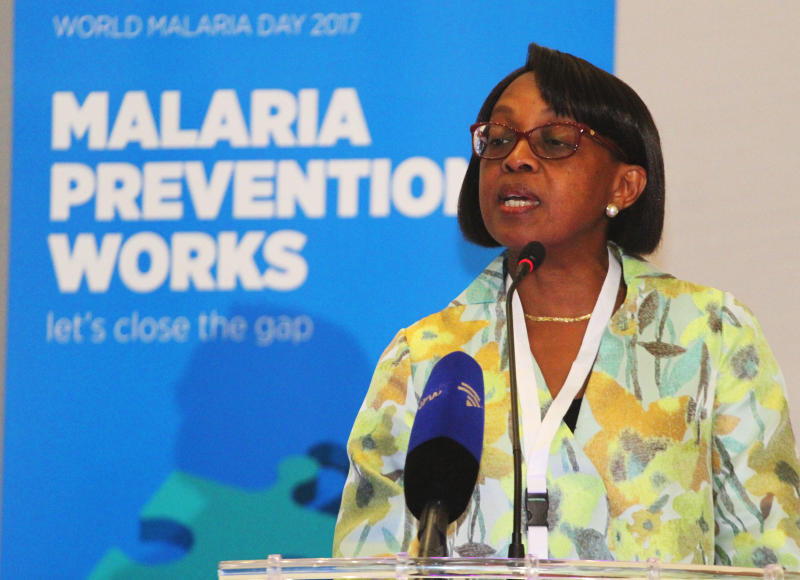×
The Standard e-Paper
Join Thousands Daily

World Malaria Day will be celebrated on April 25. This years theme is ‘Zero malaria - draw the line against malaria’.
This is the right time to draw the line against malaria by taking action to end the disease, especially now that Covid-19 has made the fight harder.